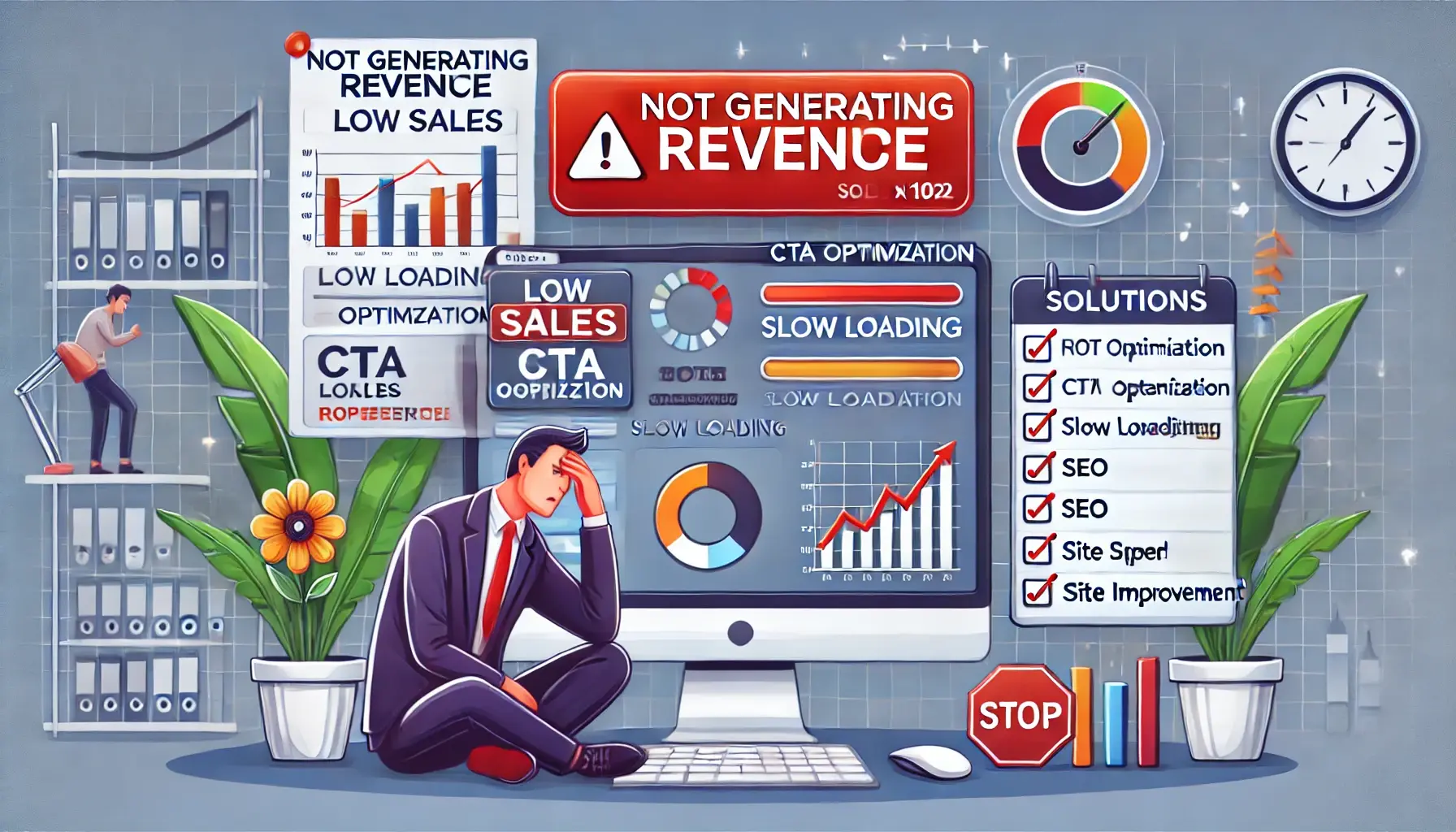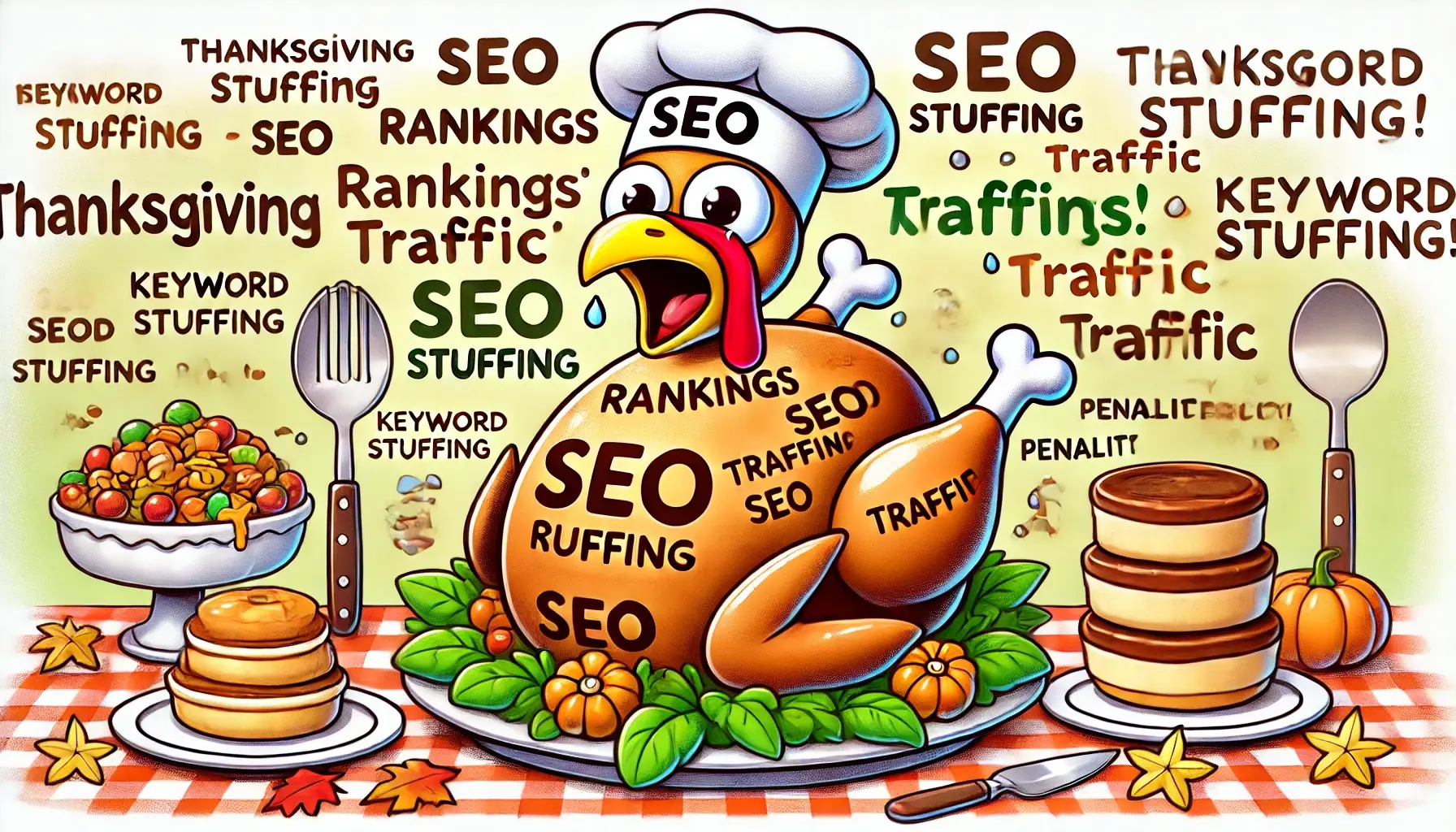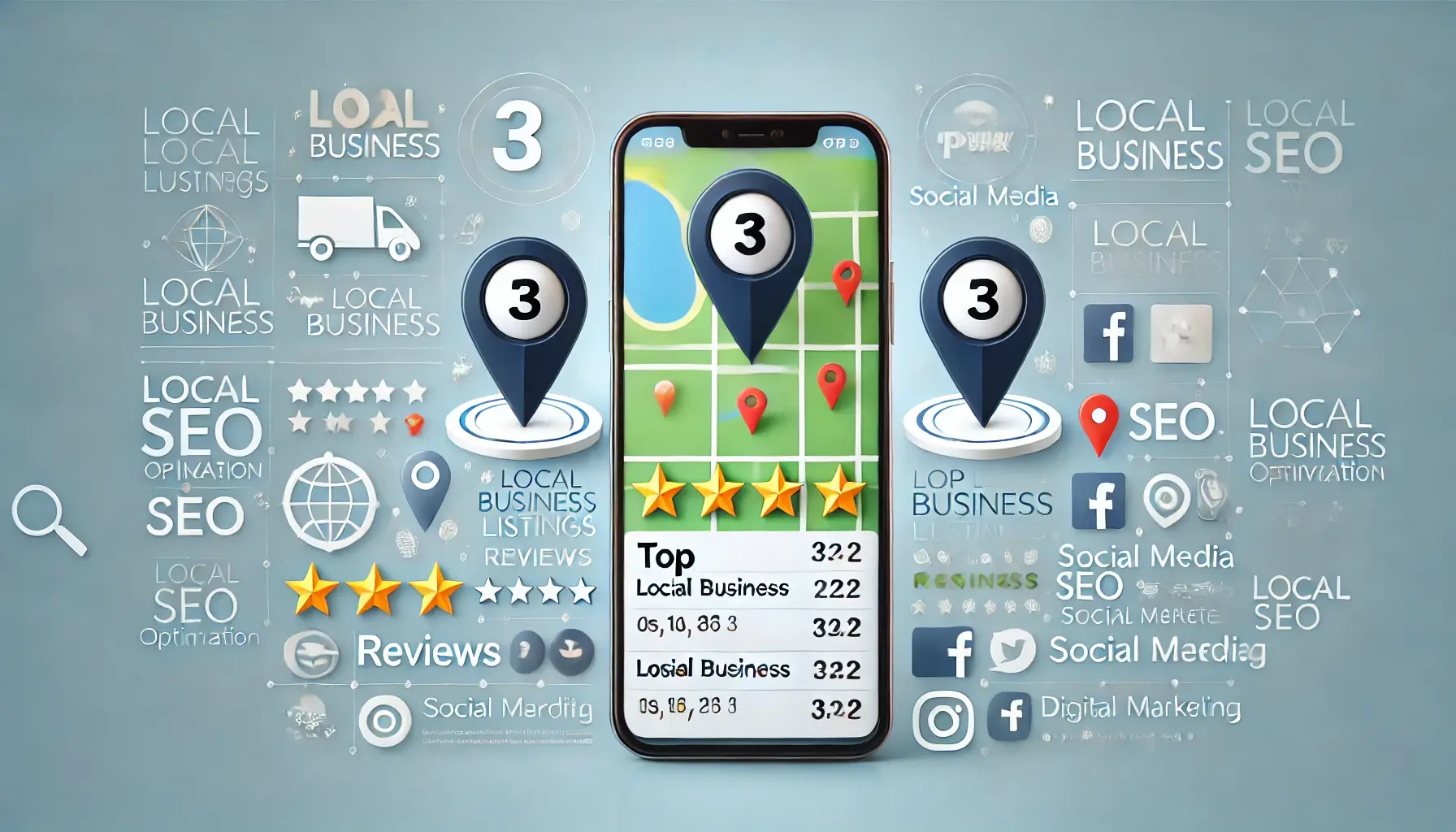
Keywords for SEO, also known as SEO keywords, are the terms or phrases that individuals enter into search engines to generate results, such as "how to tie a tie." Incorporating SEO keywords into your web content can enhance its relevancy, improve search rankings, and increase organic traffic.
Today’s consumers rely on the Internet to find the products and services they need. Therefore, if you want them to become your customers, your company’s website must appear in search engine results for the terms they’re searching for.
This visibility doesn’t happen by chance. It’s the result of a process called search engine optimization, or SEO. If you’re new to SEO and want to use it to attract new customers, you’ve likely encountered the term “keywords” in your research.
But what are keywords, and why are they so important for SEO?
On this page, we’ll explain what keywords are in SEO, how to choose keywords for your SEO strategy, and how to use SEO keywords on your site. You can also contact us online or call (916) 223-0367 today to speak with one of our experts directly!
What are Keywords?
The primary goal of SEO is to rank well in search engine results for the words and phrases your potential customers are searching. Those words and phrases are known as keywords.
Why are Keywords Important?
There are many factors that influence your site’s ability to rank well, but keywords help search engines understand what each page on your site is about.
Keywords assist search engines in displaying the appropriate pages for specific searches, ensuring they provide users with the information they seek.
One of the main objectives of SEO is identifying the keywords your potential customers use when searching for your products or services. Then, create content that addresses the search intent behind those keywords and use them in the right areas of your site.
What are Keywords for SEO?
Keywords for SEO are the terms or phrases used in your web content that help people find your website via search engines like Google. Optimizing your website with SEO keywords (and following SEO best practices) can help you attract more users and increase traffic to your site.
What are the Types of SEO Keywords?
When it comes to SEO keywords, there are two main types you should know about: short-tail and long-tail keywords.
1. Short-Tail Keywords
Short-tail keywords consist of only one or two words. For example, in the graph to the right, “dog” is a short-tail keyword.
These keywords usually have very high search volumes, meaning that many people search for them each month. If you’re selecting keywords for your site, this might seem like a positive, as it means more potential exposure for your business.
However, short-tail keywords also come with high competition, making it difficult to rank well for them. This is especially challenging for new websites competing against established companies that have been optimizing their sites for years.
Due to this high competition, short-tail keywords aren’t typically the best choice for businesses just starting with SEO. On the other hand, companies with years of SEO experience may target short-tail keywords more confidently.
2. Long-Tail Keywords
Long-tail keywords, in contrast, range from three to ten words or more. For instance, “best breed of guard dog for families with children” is a long-tail keyword.
These keywords generally have lower search volumes but also much less competition. This means that while fewer people search for them each month, you have a better chance of reaching those searchers.
Moreover, long-tail keywords tend to have clearer search intent compared to short-tail keywords. For example, if you tried to rank for the keyword “dog,” it would be challenging to determine what information your visitors are seeking. But if you target “best breed of guard dog for families with children,” you can provide specific, relevant content.
How to Choose Keywords for SEO that Drive Traffic
Now that you understand what SEO keywords are, you might be wondering how to choose the right keywords for your SEO strategy. Fortunately, there are many tools and trusted approaches available to help you find the best keywords for SEO and keyword marketing.
[PIC]1. Use Keyword Research Tools
Choosing the right keywords should never involve guesswork. There are numerous online tools available to help you research the best options for your business.
If you run pay-per-click (PPC) campaigns with Google Ads, Google’s Keyword Planner is an excellent choice. It pulls data directly from Google Ads, providing accurate information on search volume and competition levels for each keyword. It also suggests keywords based on your site's content, which can be a great starting point for your research.
If you don’t have any active Google Ads campaigns or want to explore other options, there are several other keyword research tools available. While some are paid, there are also free tools you can use to find keywords for SEO.
A few examples of free tools include:
- Ubersuggest
- Keyword Tool
- Answer the Public
Feel free to use a combination of these tools to find the best SEO keywords for your website.
P.S. Ubersuggest.com is an invaluable addition to your keyword research toolkit. Try Ubersuggest.com today to refine your keyword strategy and drive targeted traffic to your website!
2. Focus on Long-Tail Keywords
When identifying potential keywords for your site, it's important to focus on long-tail keywords.
Although you may select a few shorter keywords (especially branded keywords, like your company’s name) for your homepage and other company-specific pages, long-tail keywords should be your primary goal.
For example, entering “dog” and “best breed of guard dog” into Keyword Planner shows that while “dog” is searched over 1.2 million times per month, it would be difficult to rank for that keyword. In contrast, “best breed of guard dog” is only searched 40 times per month, but the competition for that keyword is low. If your business were an animal shelter, pet store, or sold pet care products, targeting this keyword would be a smart choice.
Forty searches per month may seem low, but that's a potential 480 searches per year from individuals who could become your customers.
For more information on identifying these highly-specific phrases, check out our post on finding long-tail keywords.
3. Look for keywords with high volume and low competition
While long-tail keywords generally have lower competition, it’s still essential to check the search volume and competition level of each keyword during your research.
Certain industries are more competitive than others, and even long-tail keywords can be difficult to rank for. This is especially true if your company operates in the legal, insurance, drug & alcohol rehabilitation, or online education sectors.
Regardless of your industry, it’s important to assess the difficulty of ranking for any given keyword. If it’s nearly impossible to rank for a specific phrase, optimizing a page for it would not be a productive use of your time.
Instead, concentrate your research on keywords that you have a reasonable chance of ranking for and that can drive traffic to your site. If you’re new to keyword research, this post on choosing quality keywords is a good starting point.
7 Tools that Make Finding Keywords for SEO Easy
When it comes to choosing keywords for SEO, the following tools simplify the process:
- Ubersuggest
- Keyword Tool
- Answer the Public
- WordStream Keyword Research Tool
- Ahrefs
- SEMrush
- Moz Keyword Explorer
Experiment with these tools to find the one that provides the best experience for your team. Often, you’ll use more than one tool. For example, you might use Answer the Public for topic and content research, followed by Ahrefs for refining your list of keywords.
How to Use SEO Keywords on Your Website
Once you’ve chosen your keywords, you’ll need to incorporate them throughout your site. Generally, it’s best to focus on one keyword per page, allowing search engine crawlers to easily identify the main focus of the page and provide it as a result for relevant searches.
Start using SEO keywords on your website by placing them in the following locations:
Your URLs
Ensure all of your URLs are SEO-friendly. If not, rework your URL structure, add relevant keywords to your new URLs, and set up 301 redirects for the old pages you want to change.
Your Meta Tags
Include keywords in your meta tags, like your title and heading tags. Each title tag should serve as the page's title. Heading tags act as subheadings that break up different sections or ideas, making it easy for visitors to skim and find the information they want.
Your Content
Read through each page and ensure the target keyword is used naturally a few times. Avoid keyword stuffing, which goes against search engine guidelines and can result in a penalty. Use each page’s keyword where it makes sense—if it doesn’t fit, it’s not the right keyword for that page. For best results, try to include your SEO keyword in the first paragraph.
Your Images
Optimize your images for your SEO keyword by adding it to the image’s filename and alt text. Make sure the alt text is natural and descriptive of the image. For example, a picture of a puppy in a pool could have alt text like “puppy in pool.” Avoid forcing your keyword into the alt text as it can hurt your SEO efforts.
How to Use SEO Keywords for Content Marketing
As you research keywords related to your industry, products, and services, you’ll find many that suggest topics your target audience wants to learn more about but aren’t covered on your site. These keywords are valuable for your content marketing strategy.
Content marketing involves creating and publishing original content like blog posts, articles, infographics, and videos that inform or entertain your potential customers. Although often seen as separate from SEO, using keywords from your research to guide your content ensures you’re creating content your audience wants.
This strategy is particularly valuable for long-tail keywords. If someone is searching for a specific phrase, they likely know exactly what information they need. Providing that information in your content helps keep them on your site.
Creating content that answers your potential customers’ questions or solves specific problems brings traffic to your site and builds brand awareness. Even if visitors aren’t ready to make a purchase on their first visit, they’ll remember your brand when they are, directly impacting your sales and revenue.
Optimize Your Website Faster with Ubersuggest.com
Effortlessly find opportunities and monitor performance with this user-friendly tool designed by the SEO experts at Blumoo Creative!
Need Help with SEO Keywords?
At Blumoo Creative, we have years of experience creating successful SEO strategies for our clients, including researching and selecting appropriate SEO keywords.
When you partner with us, we’ll get to know your business and industry, conduct in-depth research to understand what your potential customers want, and optimize your site for the best possible keywords. We’ll also create original content to move your strategy forward.
Contact us today to speak with a strategist and learn more about how we can help your business use SEO to attract more traffic and earn more customers!






















